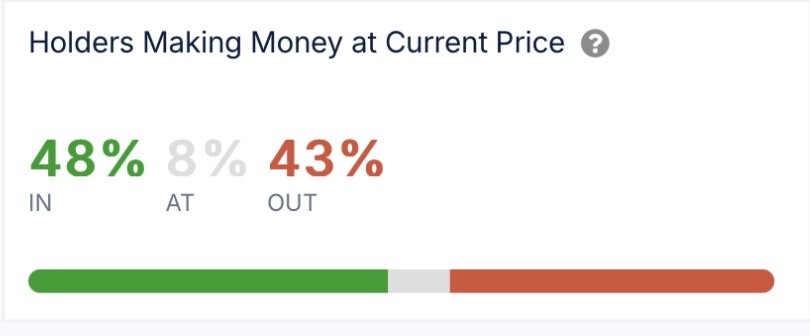India has now emerged as the second-largest virtual asset (VA) market in the world by transaction volume, highlighting the effectiveness of its regulatory framework and the proactive compliance efforts of Virtual Asset Service Providers (VASPs).
To strengthen its defenses against cybercrime, India has implemented several initiatives in response to a recent report from the Financial Action Task Force (FATF). This report emphasizes the growing threat of cyber-enabled fraud and the complexities surrounding cryptocurrency, urging the need for robust cybersecurity measures.
The Indian Cybercrime Coordination Centre (I4C), established in 2020, is leading the charge by developing advanced tools to aid law enforcement in tackling cyber threats. Financial institutions across the country are also enhancing their cybersecurity, using technologies like machine learning and geofencing to monitor risks.
In terms of regulation, VASPs were recognized as reporting entities under the Prevention of Money Laundering Act in February 2023. They are now required to comply with anti-money laundering and counter-terrorist financing obligations, including thorough customer checks and reporting suspicious transactions.
Despite these advancements, VASPs face challenges such as identifying counterparties and adhering to varying data protection laws. To combat these issues, they are adopting enhanced controls like video KYC processes for high-risk clients.
As India continues to strengthen its cybersecurity and regulatory landscape, these efforts are crucial for maintaining the integrity of its financial system and aligning with international standards.
Also Read: India Ranks 1st in Global Crypto Adoption Index: Chainalysis






